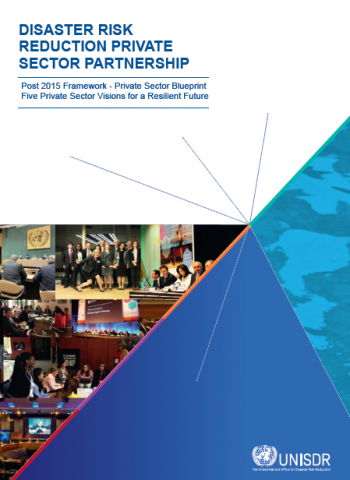WASH Package for Ebola Care and Treatment Centres/Units

UNICEF offices and sector partners in Ebola-affected and at-risk countries are increasingly requesting guidance on WASH (water, sanitation and hygiene) services provision in Ebola Care Centre and Units. The Centres for Disease Control and Prevention (CDC), World Health Organization (WHO) and Médecins Sans Frontières (MSF) Ebola virus disease (EVD) infection control (IFC) guidelines and protocols state that the Ebola virus can be destroyed by disinfection with 0.5% or 0.05% chlorine solution, through exposure to UV rays and heat, and through hand washing with soap or alcohol rub and water. This guidance note recommends actions for the implementation of WASH packages in treatment and care centres. The guidance note is intended for use by UNICEF WASH staff and WASH sector partners in affected countries to implement activities in Ebola Centres and Units. The guidance was developed in consultation with our country and regional teams and is informed by approaches and practices taking place on the ground. This guidance will be reviewed periodically based on feedback from the field and once the wider sector guidance from the Technical Group (UNICEF, CDC, MSF, IFRC and WHO) is available.
The recommended actions are presented under the different components (water supply, hygiene and hand washing, disinfection, solid waste management, latrine and wastewater management, and dead body management) of the defined Ebola Care Centre/Unit WASH package to complement community and house-to-house level interventions.
